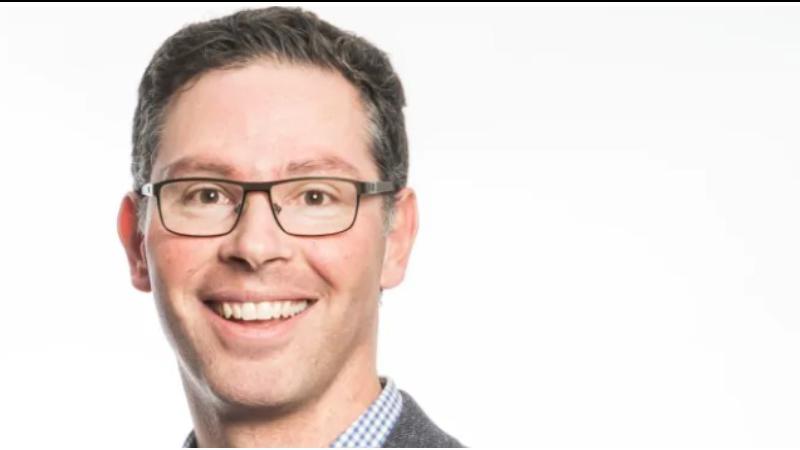
Justice Minister talks drug treatment court and addiction recovery
LETHBRIDGE, AB – Earlier this week, a drug treatment court was announced for Medicine Hat.
Lethbridge News Now spoke with Alberta’s Justice Minister and Solicitor General Doug Schweitzer on the positives of drug treatment courts, supervised consumption, and recovery from substance addiction.
He said historically, drug treatment courts have only been operated in Calgary and Edmonton. Earlier this year, drug treatment courts were announced for Lethbridge and Red Deer.
“It’s really in response to the drug crisis that we do have where we have about two Albertans dying a day of opioid overdoses, we also [have] people that are struggling with meth addictions and it’s led to so much crime in our communities as well,” Schweitzer said.


